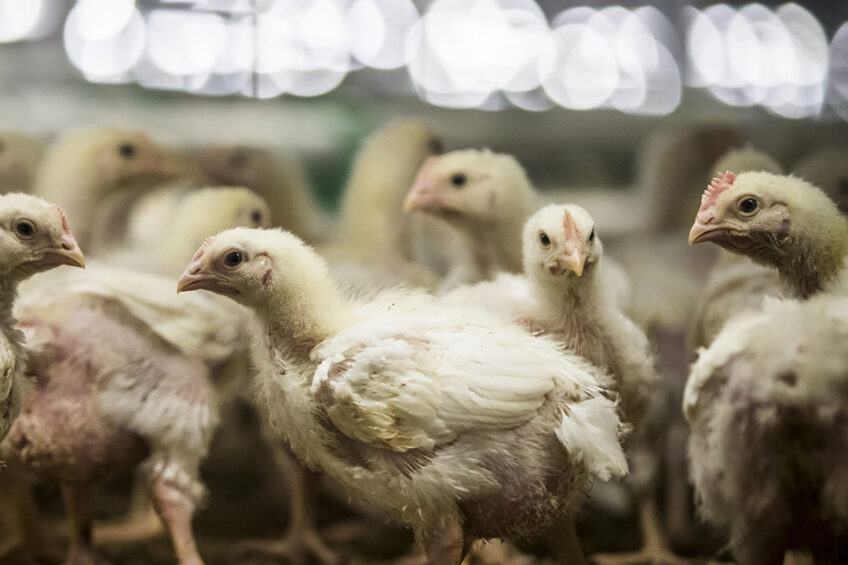Bird flu pushes Russia to rejiggle veterinary system

Russian poultry farmers have asked the authorities to introduce a compartmentalisation system similar to that in pig farming where it is used to combat African Swine Fever, Sergey Dankvert, head of the Russian veterinary body Rosselhoznadzor said during a government meeting.
Dankvert also claimed that strict animal welfare standards are to blame in western countries for the mass bird flu outbreaks in recent months.
“Those losses [due to bird flu] they suffer in Europe, America, even Japan are predictable because they opted for not strengthening biological protection, or, as we name it, compartmentalisation, but follow the green path – that the birds need to walk, breathe fresh air and not to live in cages,” Dankvert stated.
In 2022, Russia registered 56 outbreaks of avian influenza in 15 regions. As a result, the Russian veterinary agencies had to cull around 1.5 million birds.
Big farms can benefit
In the Russian pig industry, all farms are divided into 4 categories, or compartments, depending on their level of biological protection. Compartments 1 and 2 are assigned to farms with a low or poor level of biological protection, while compartment 3 is to farms with a standard protection level.
Almost all Russian industrial farms have compartment 4 – indicating they comply with the strictest veterinary rules. Its main advantage is that it allows poultry farms located in a territory affected by the disease to continue selling products outside the region, even overseas.
One of the rationales for designing this system was to prevent big farms from suffering losses when an ASF outbreak is registered in the vicinity of their production assets. In this case, the quarantine established in the territory surrounding the affected region could paralyse the work of the industrial farms.
An effective system
Russian officials believe that the compartmentalisation system is one of the key factors helping the country to successfully curb the ASF epidemic in the country in the past few years. On the other hand, the Russian government agencies have been putting a lot of effort into its regionalisation and compartmentalisation system to be recognised internationally, in the first place in China, to continue exporting from safe regions and farms after registering new outbreaks. So far, these efforts have brought no tangible result.
Expanding the compartmentalisation system to the poultry industry is one of several measures the Russian authorities are considering to battle the avian influenza epidemic. In February 2023, a group of Russian poultry farmers asked the authorities to allow mass vaccination of poultry flock against the bird flu, despite fears this could jeopardise export supplies to certain countries.












